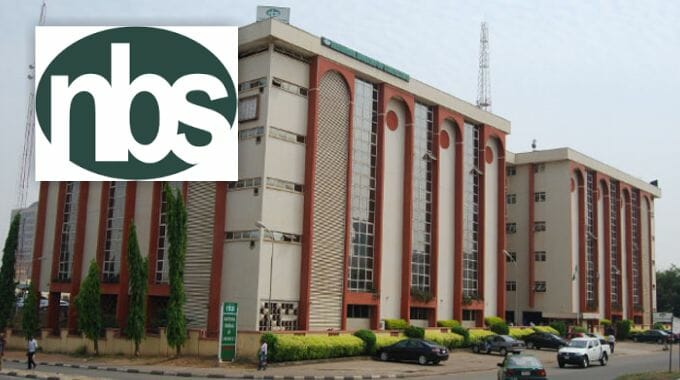- The National Agricultural Sample Census (NASC) in Nigeria revealed 40.2 million agricultural households, focusing on crop cultivation and livestock farming
- Minister Aliyu Sabi Abdullahi stressed the importance of accurate data for managing food security and eliminating ghost farmers
The National Bureau of Statistics (NBS), in partnership with the World Bank, the Federal Ministry of Agriculture and Food Security, and the Food and Agriculture Organisation (FAO), has launched the National Agricultural Sample Census (NASC) in Abuja after three decades.
The census revealed that Nigeria has about 40.2 million agricultural households. Approximately 91% of these engage in crop cultivation, 48% in livestock farming, and 5% in fishery.
Speaking at the launch, Aliyu Sabi Abdullahi, Minister of State for Agriculture and Food Security, emphasized the importance of food security and economic growth. He stated, “We are indeed very blessed, and this new data will help us eliminate ghost farmers. If you cannot measure what you have, you cannot manage it.”
He urged National Assembly members to prioritize funding for agriculture, saying, “We need to put our money where it should rightly be.”
Statistician-General of the Federation, Prince Adeyemi Adeniran, highlighted the event’s significance: “This data will enhance our understanding of the agricultural sector’s structure, showing how land is used and what crops are grown and where.”
Minister of Budget and Economic Planning Abubakar Atiku Bagudu praised the development partners for supporting the report. He remarked, “We must develop a system that functions effectively despite the separation of powers between the federal and subnational levels.”
The launch of the NASC marks a major step in improving agricultural data in Nigeria, which is crucial for informed decision-making and effective sector management.
